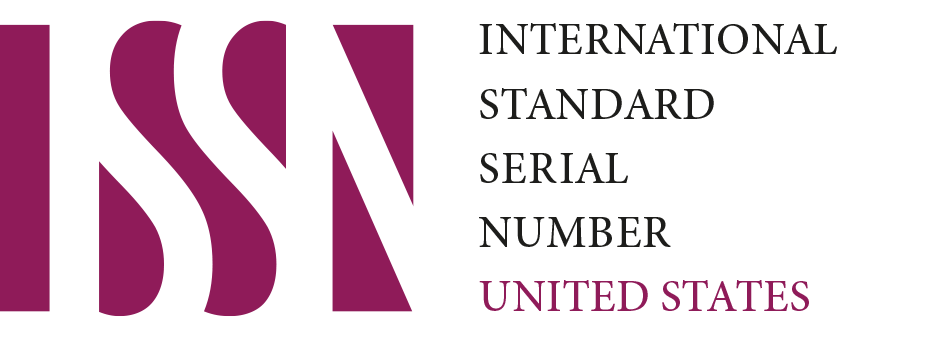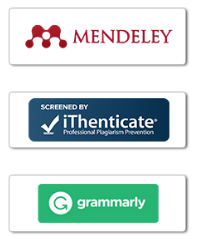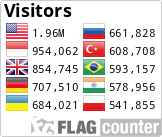Performance Evaluation of Community Welfare Programs: A Public Policy Analysis Approach
DOI:
https://doi.org/10.59613/global.v2i1.52Abstract
This journal article conducts a rigorous performance evaluation of community welfare programs using a public policy analysis approach. The research employs a systematic framework to assess the effectiveness, efficiency, and equity of existing community welfare initiatives. Drawing on principles of public policy analysis, the study critically examines the implementation processes, outcomes, and impacts of these programs on community well-being.
The evaluation involves a combination of qualitative and quantitative methods, including surveys, interviews, and statistical analyses. It scrutinizes the alignment of program objectives with societal needs, the adequacy of resource allocation, and the inclusivity of program outcomes. By employing a multidimensional evaluation framework, the research aims to provide a nuanced understanding of the strengths and weaknesses of community welfare programs.
The findings offer insights into the policy implications of the evaluated programs, highlighting areas of success and opportunities for improvement. The research emphasizes the importance of incorporating community feedback and participation in program design and implementation to enhance overall effectiveness. Additionally, it explores the role of government policies in shaping the landscape of community welfare initiatives, providing a foundation for evidence-based policymaking.
In conclusion, this article contributes to the field of public policy analysis by offering a comprehensive evaluation of community welfare programs. It advocates for a continuous feedback loop between policymakers, program administrators, and the communities served, fostering a more adaptive and responsive approach to addressing societal needs.
Downloads
Published
How to Cite
Issue
Section
License
Copyright (c) 2024 Djuniawan Karna Djaja, Obsatar Sinaga, Ahmad Hidayat Syarifullah, Ainun Jariah, Dian Arlupi Utami

This work is licensed under a Creative Commons Attribution 4.0 International License.














